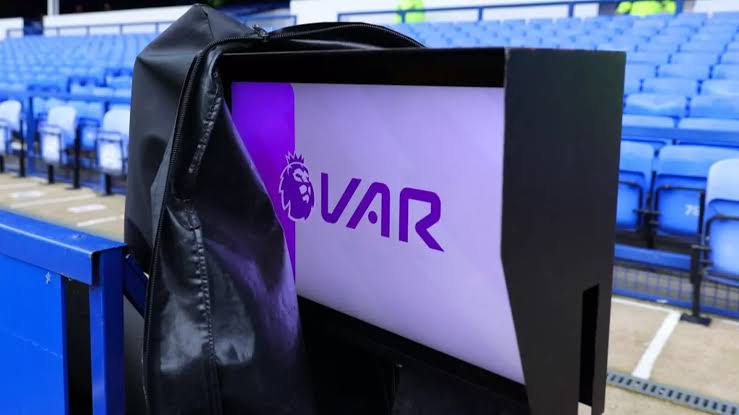The Video Assistant Referee system was first implemented in the Premier League during the 2019–20 season and has remained a fixture in the game ever since. ..Continue Reading
At present, VAR is authorized to intervene only in situations deemed to have a significant impact on the match.
As outlined by the International Football Association Board (IFAB), VAR involvement is restricted to instances involving penalties, straight red cards, goals or disallowed goals, and cases of mistaken identity — and only when a “clear and obvious error” has occurred.
Also, the “referee must always make a decision, i.e. the referee is not permitted to give ‘no decision’ and then use the VAR to make the decision; a decision to allow play to continue after an alleged offence can be reviewed”.
But how VAR is used could soon change, according to Howard Webb.
In an interview with BBC Sport, the former Premier League and FIFA international referee explained IFAB is reviewing how VAR operates and he is “open to discussion” regarding possible changes.
“There will definitely be discussions around possible extensions,” Webb said.
“We try to align VAR delivery with the expectations of those involved in the English game, based on consultation with fans, coaches and players. The message we get is ‘less is more’ with VAR, and we’ve done pretty well in aligning our delivery with that expectation.”
The 54-year-old then focused on VAR not currently interfering with yellow card calls that are incorrect or missed opportunities for a yellow card, which should be brandished, as well as the awarding of corners.
“I understand the impact of a wrongly awarded corner that’s clearly wrong – easy to see on video – and the impact of a wrongly issued yellow card,” he added.
“But equally, there’s also a feeling that VAR already exists to rectify clear errors in big situations, so we’ll have those discussions and make sure to consult with the English game as well.”
This comes after the ‘eight-second rule’ was approved for use ahead of the 2025/26 season.
Goalkeepers will now have only eight seconds to release the ball, with referees issuing a five-second countdown to warn players.
If a ‘keeper takes longer than the permitted eight seconds, a corner will be awarded to the attacking side.


Leave a Reply